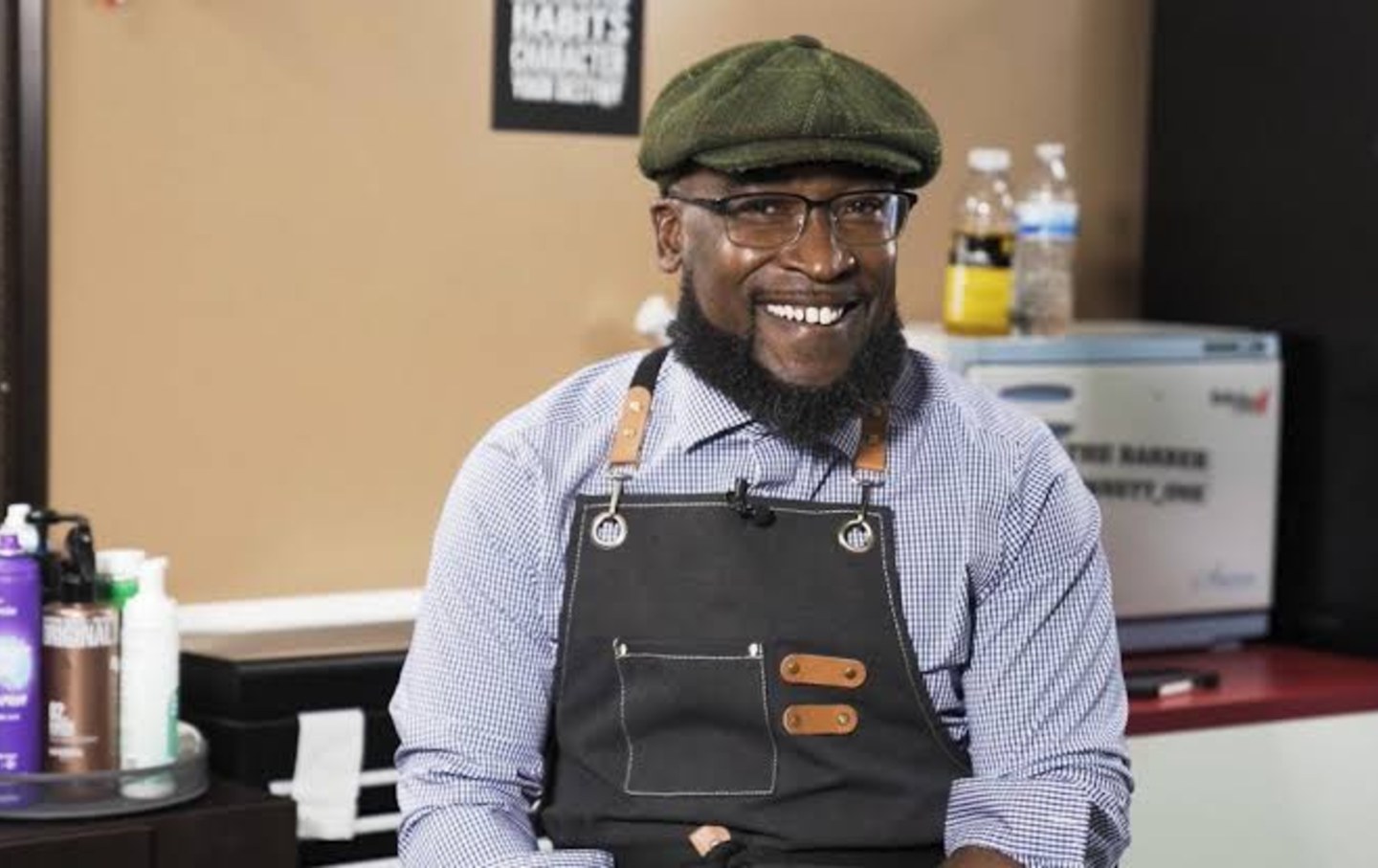
In a disturbing display of the Trump administration’s brutal immigration policies, the plight of Rodney Taylor, a double amputee, has emerged as a stark reminder of the inhumanity faced by many detainees in the U.S. immigration system. While officials tout their multibillion-dollar deportation machine as a tool for removing the “worst of the worst” from American streets, countless stories reveal that these so-called criminals are often ordinary people caught in desperate circumstances.
During a recent address to the United Nations, Donald Trump painted a grim picture of the nation, claiming that countries allowing large numbers of immigrants were “going to hell.” His rhetoric, laden with fear and exclusion, is echoed by figures like JD Vance and Kristi Noem, who perpetuate the myth that immigrant detention centers are necessary to protect American citizens from dangerous criminals. In reality, the detention facilities where these individuals are held often resemble concentration camps, with reports of inhumane conditions and untraceable detainees.
The American Civil Liberties Union has described facilities like Florida’s Alligator Alcatraz as “black holes,” where detainees seemingly vanish from government databases, likely facing illegal deportation without any recourse. The administration’s response to the recent tragedy at a Dallas ICE facility, where a sniper killed an immigrant detainee, was to deflect blame onto progressives rather than address the human cost of their policies.
Rodney Taylor’s story exemplifies the tragic reality behind the administration’s claims. Born in Liberia in 1978 with severe disabilities, Taylor faced significant challenges from an early age. His club foot and missing limbs made life in war-torn Liberia perilous. At just two years old, after a series of surgeries facilitated by Shriners Children’s Hospital, he and his family moved to the U.S., where they sought safety and a better future.
The U.S. government recognized Taylor’s vulnerability, granting him an I-130 petition for an alien relative at the age of seven, which was intended to protect him from deportation and help his family secure legal status. While his parents eventually gained citizenship, Taylor’s journey remained fraught with obstacles. At 17, he was arrested for residential burglary—a charge that raised eyebrows given his physical limitations. Advised by his attorney, he accepted a plea deal, leading to probation. Unable to pay court fees, he violated probation and ended up serving nine months in jail. This unfortunate turn impacted his immigration status, leaving him in legal limbo even as his family stabilized.
Despite these setbacks, Taylor persevered. He trained as a barber, building a successful career and raising seven children in his community, where he was known for his generosity and infectious laughter. However, in 2010, he sought a pardon to advance his immigration case and was granted one after the board deemed him a law-abiding citizen. Yet, the language of the pardon left him vulnerable; ICE seized upon it to justify his arrest in the wake of Trump’s election.
In December 2024, just ten days after his engagement to Mildred Pierre, ICE agents apprehended Taylor in front of his fiancée and her children, citing outdated interpretations of his legal status. For the past eight months, he has been held at the Stewart Detention Facility in Georgia, where he faces severe physical and emotional challenges. His prosthetics, dependent on battery power for mobility, cause him excruciating pain when not functioning properly. He struggles to navigate the facility and often receives inadequate medical attention, with requests for care taking weeks to process.
Mildred and their children make the long trek to see Taylor once a month, limited to an hour of visitation behind glass and relying on expensive phone calls to maintain their connection. ICE officials have pressured him to sign self-deportation papers, a stark contrast to the loving partner and father he has always been.
The government’s assertion that Taylor is among the “worst of the worst” is unfathomable to those who know him. He is not a threat; he is a man who has dedicated his life to supporting his family and community. His fiancée fears for his life if he is deported back to Liberia, a place he has not seen since childhood, where adequate medical care is non-existent.
The administration’s draconian measures reveal a deeper moral failing—one that prioritizes punitive actions over compassion and understanding. As we witness the human cost of these policies, it becomes clear that the real danger lies not in those seeking a better life but in the systems that seek to dehumanize and dispossess them. The narrative of the “worst of the worst” must be challenged, for it is the architects of this cruel immigration system—those who tear families apart and ignore the reality of human suffering—who truly embody the worst of our society.


